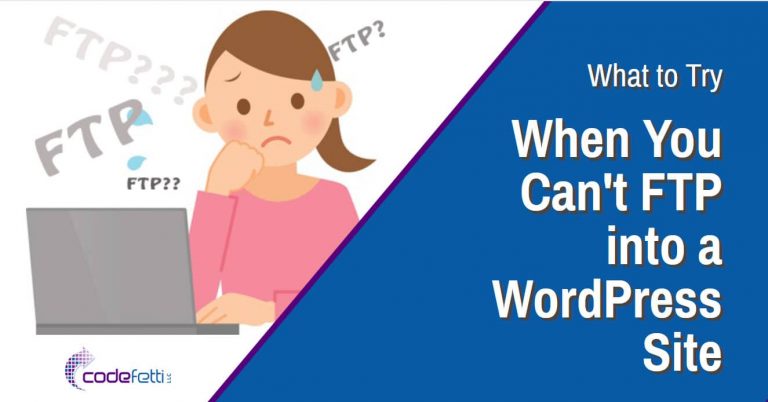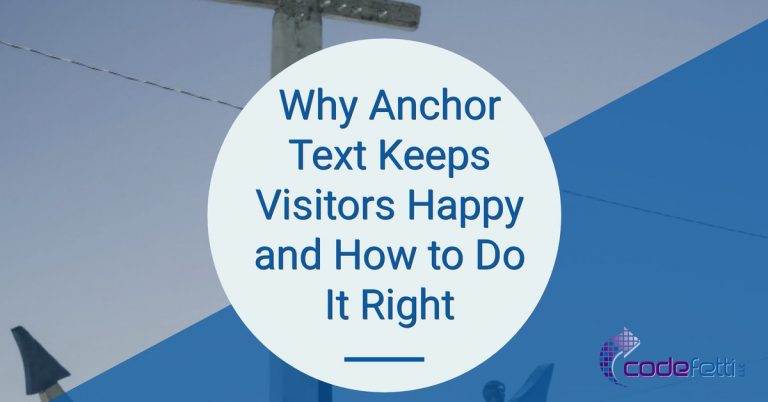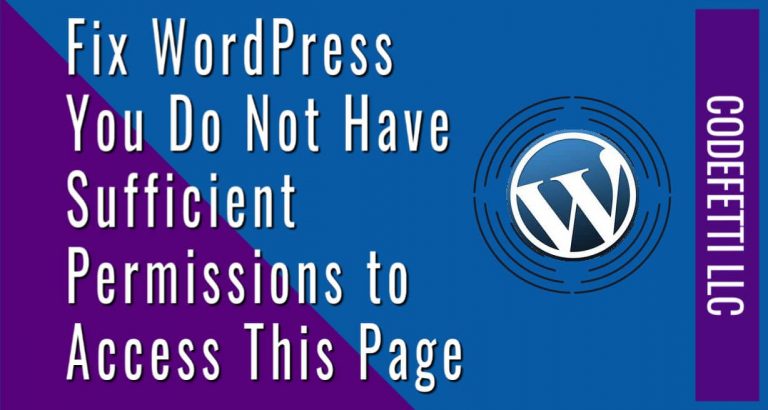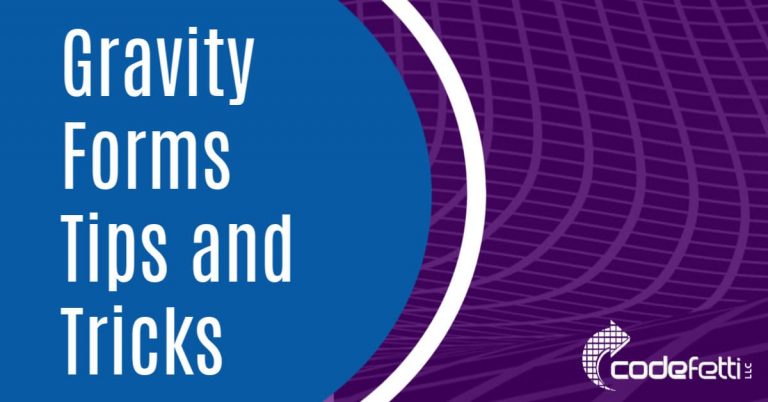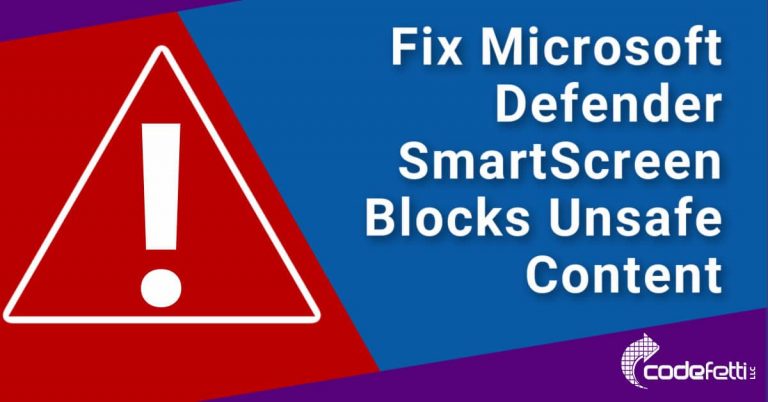Planning a Website: A Simple Guide to Get You Started
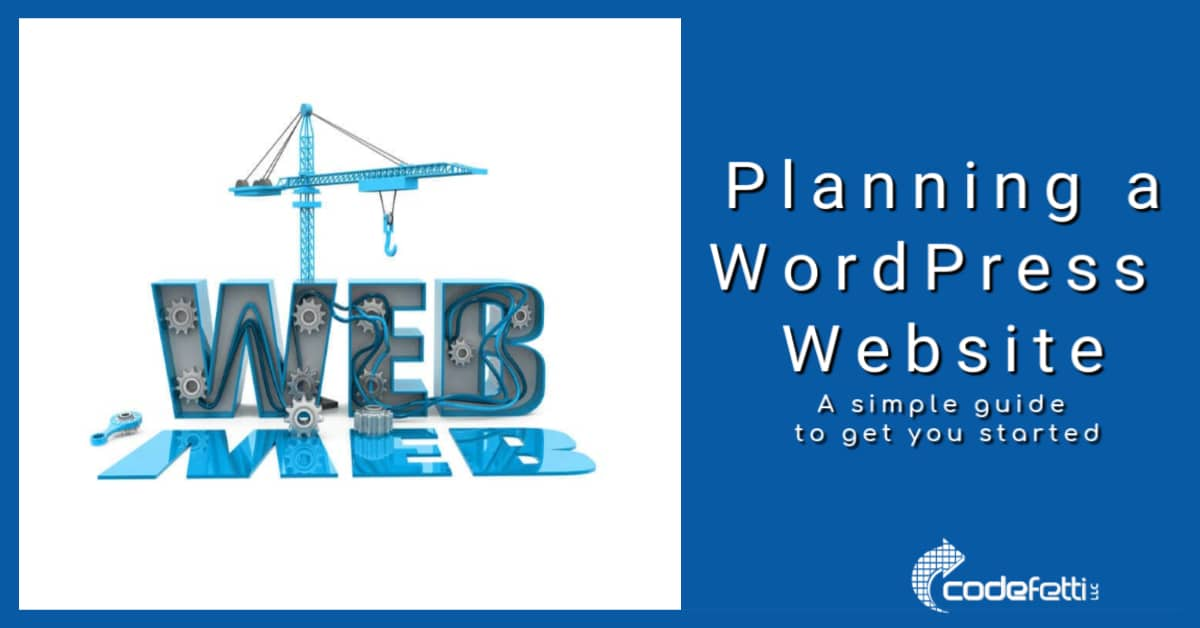
Are you planning a website for your new business?
Did you know that you don’t have to be technical-minded or web-savvy to get exactly what you want?
Planning a website can be exciting and daunting at the same time.
So it’s critical that you take some time upfront to understand the decisions and choices you need to make.
And this non-technical guide can help.
So let’s walk through the fundamental aspects of planning a website.
Here’s what we’ll cover:
What is Your Budget?
What is Your Website Objective?
What is Your Marketing Message?
What are Your Website Features?
Do You Need a Blog?
Do You Need a Web Designer?
So let’s get started with planning a website.
Begin with the End in Mind
I love to work with customers starting from a blank page and help them create a site that’s tailored just for them.
But there’s a lot of work to be done to get to a successful conclusion.
And one thing I try to tell each new client ~ it’s best to begin with the end in mind.
That means it’s important to invest enough time upfront so we both understand the client’s business and end goals.
So take some time to answer the following key questions to help with planning.
What is your budget?
When planning a website, having a realistic budget is essential. Right out of the gate you need to be clear on how much money you are willing to invest in your website project.
If you hire a website designer to help you, be prepared to be asked “What is your budget?”
It’s not that your website designer is being nosy, but there are many costs associated with planning a website. So the budget dictates how much you can realistically do.
If you are planning to do-it-yourself, your budget needs to cover the costs of all of the components of successful website design.
Typical Website Expenses
The following list covers most out-of-pocket expenses that you may incur when planning a website.
For example, what about your creative assets?
- What templates, images, branding, logos, or graphics do you have/need?
- Will you need to hire a designer to create these graphics?
- Will you need a photographer for product photos on your website?
- Will you need a videographer for YouTube or Vimeo tutorials?
- Will you need to purchase stock photography?
- Will you be using a CMS such as WordPress? If so, will you purchase a premium theme?
But be aware that other expenses may crop up, especially in the areas of technical support or custom programming.
So let’s take a look at other expenses that may come up!
- Custom programming: Custom programming arises when a client realizes they need functionality that is not available for out-of-the-box WordPress themes. Custom programming costs can add up quickly. And these costs vary based on technologies used and complexity of the coding.
- Domain name registration: Where will you register your website domain name? This is an annual fee.
- Website hosting: Who will host your website content? Your web host can be a different company than your domain registrar. This is also an annual fee.
- E-commerce components: Will you sell from your site? Or will you purchase a turn-key online store such as Big Commerce, Shopify or Volusion.
- SSL – Basic websites can use a free Let’s Encrypt certificate that is provided by most web hosting companies.
- PayPal/Stripe: You need a way to collect customer deposits or pay sub-contractors. Make sure you have some mechanism for doing so before you launch your online business.
- Website content: Who will be responsible for your web page content? Will you have a blog? Who will write your blog content? Business blogging can be an integral part of your website, but it takes time and commitment.
- Website backups: What backup solution do you need? Free or paid-for? Don’t rely on your web hosting company exclusively for backups. Most make a “best effort” attempt at backups but to be safe, you should also backup your site and store the backup sets remotely.
- Website security: Do you want to purchase a website monitoring plan from a company such as Sucuri? These plans monitor your site throughout the day and offer malware cleanup should you get hacked. If you plan to build a WordPress site, review our WordPress security guide for more recommendations and tips.
- Website performance: Most websites can benefit from a content delivery network (CDN) such as Cloudflare. Our site achieved a huge performance boost and added security when we enabled Cloudflare.
What is your website objective?
In an earlier post we identified questions that you need to answer when planning your website objective.
Your website objective will drive the website features and usability.
For example, if you plan on selling products from your site, you will need an attractive presentation of available products and a simple way for visitors to find what they are looking for.
Buyers will need to be able to securely provide sensitive information such as credit card details.
What is your marketing message?
Surprisingly, many business owners are unclear about their marketing message.
Simply put, your marketing message is your differentiator; it’s what sets you apart from others.
It’s not your slogan or tag-line no matter how clever those might be.
Your marketing message offers a benefit that others can’t, won’t or don’t offer. This message needs to be clearly stated and understood across all of your marketing channels especially your website.
Who is your buyer persona?
A buyer persona is your target audience.
According to HubSpot:
A buyer persona is a semi-fictional representation of your ideal customer based on market research and real data about your existing customers.
By having a keen understanding of your buyer persona, you will be able to zero in on products or services that target that specific persona and what problem they need solved.
Most companies have more than one buyer persona. It’s important to clearly identify each one.
What are their pain points?
The problem your buyer persona needs solved is their pain point.
Think about the areas in which your potential buyer struggles.
By identifying knowledge gaps, you’ll be able to clearly see how to hone in and fine-tune your product or service offering.
What is your solution to their problem?
Once you’ve identified what that solution is, it should be simple for your customer to understand and use. This is especially true for businesses that offer services vs. products.
A customer can see a product. You might have a brick-and-mortar store where they can visit and touch, smell, or taste your product.
But when you offer services, the scope of what you will or will not do needs to be clearly defined in a manner that the customer fully understands.
Once you’ve done a good job answering these questions, you will be able to create a marketing message that makes sense to your target audience.
What are Your Website Features?
What extra costs will these features incur?
Clearly defined website objectives will drive the website’s features and additional expenses you may incur.
Additional website features you might need include:
- Blog
- Call to Action (CTA)
- Contact Form
- Email Signup
- Free downloads/whitepapers
- Google AdSense
- Live Chat
- Page Content
- Photo gallery
- Portfolio with Lightbox
- Pricing Sheets
- Product Specs
- Search Bar
- Services
- Shopping Cart
- Site Map
- Social Media Links
- Videos
You can easily see which features will add expense to your website.
Do You Need a Blog?
A point of confusion for businesses planning a website is understanding what a blog is or how to start a blog. Many business owners wonder whether they even need one.
A blog is simply a part of your website that contains important content and helpful articles targeted for your buyer persona.
When done correctly, blogging can greatly impact organic search results thus driving more traffic to your website.
And the more value you can offer on your website through the high-quality content you create, the more Google will reward your efforts and send more traffic.
As you receive more traffic, you’ll start getting feedback and comments on your blog posts.
It’s rewarding and great fun to have dialog with people who have taken the time to not only read but comment on your posts.
But I would caution you that if you do not have the time or commitment to properly run your blog, then it’s best to not start one.
What Content Will You Deliver?
If you have decided to have a blog on your website, begin formulating your content marketing strategy.
What content will be delivered in the form of static web pages? What content would make great articles for your blog?
You can do keyword research to help determine what questions potential customers in your niche may be asking. Once you identify these keyword phrases, incorporate them into your on-page SEO strategy.
Create a content calendar and schedule out blog topics and types of content. This include infographics, reviews, tutorials, list posts, and more.
How Will You Monitor Website Traffic?
You’ll want to set up Google Analytics to monitor which content is performing best including your top landing pages, and search queries.
Your analytics will help you fine-tune your content marketing strategy.
A simple-to-use popular WordPress plugin you might want to check out is Google Analytics Dashboard for WP.
Do You Need a Web Designer?
If you are working with a web designer, now is the time to get everything in writing.
A contract should be provided by your web designer that outlines cost outlays, scope of work, and project timelines.
Make sure any work for hire agreements give you the ownership to all creative assets.
Simply put, if you paid for it, make sure it’s clear that you own it.
Sometimes web designers have commercial licenses that enable them to install WordPress themes, backup programs, or custom contact forms on your website.
They generally won’t charge you for using their commercial license.
However, if you let that web designer go, you’ll eventually have to purchase your own license if you want continued support.
Make sure it’s all spelled out in the contract so there are no surprises down the road.
You may wonder whether to tackle building your website yourself. If that’s the case, consider whether it might be best to hire a web design pro from the start.
In Summary
To summarize, you’ll want to answer each of these questions when planning a website:
What is your budget?
When budgeting, consider all out-of-pocket expenses including web hosting, e-commerce, creative assets, security, backups, and performance.
What is your website objective?
Define features and usability as well as how you plan to monetize your website.
Determine whether you want a content management system (CMS) such as WordPress.
Remember that WordPress makes it super easy to set up your blog and maintain your own content.
What is your marketing message?
Figure out your differentiator and define your unique selling proposition (USP). What sets you apart? Why should someone buy from you rather than your competition?
Spend time in market research analyzing your buyer personas, their pain points, and your solution.
What are your website features?
Understand what components will make up your website such as email sign ups, contact forms, and live chats. Figure out if your website will include a blog.
What content will you deliver?
Start compiling a content marketing strategy. What content will be served in the form of website pages? What content would make great articles or blog posts? Do your keyword research and make sure each page is optimized for the search engines.
How will you monitor website traffic?
Choose a way to keep tabs on your visitors and learn what content is best-received. Mix up your content type to include Slide Shares, infographics and how-to videos.
I hope this guide has helped you to understand what you need to know when planning a website.
Image Credit: Fotolia



